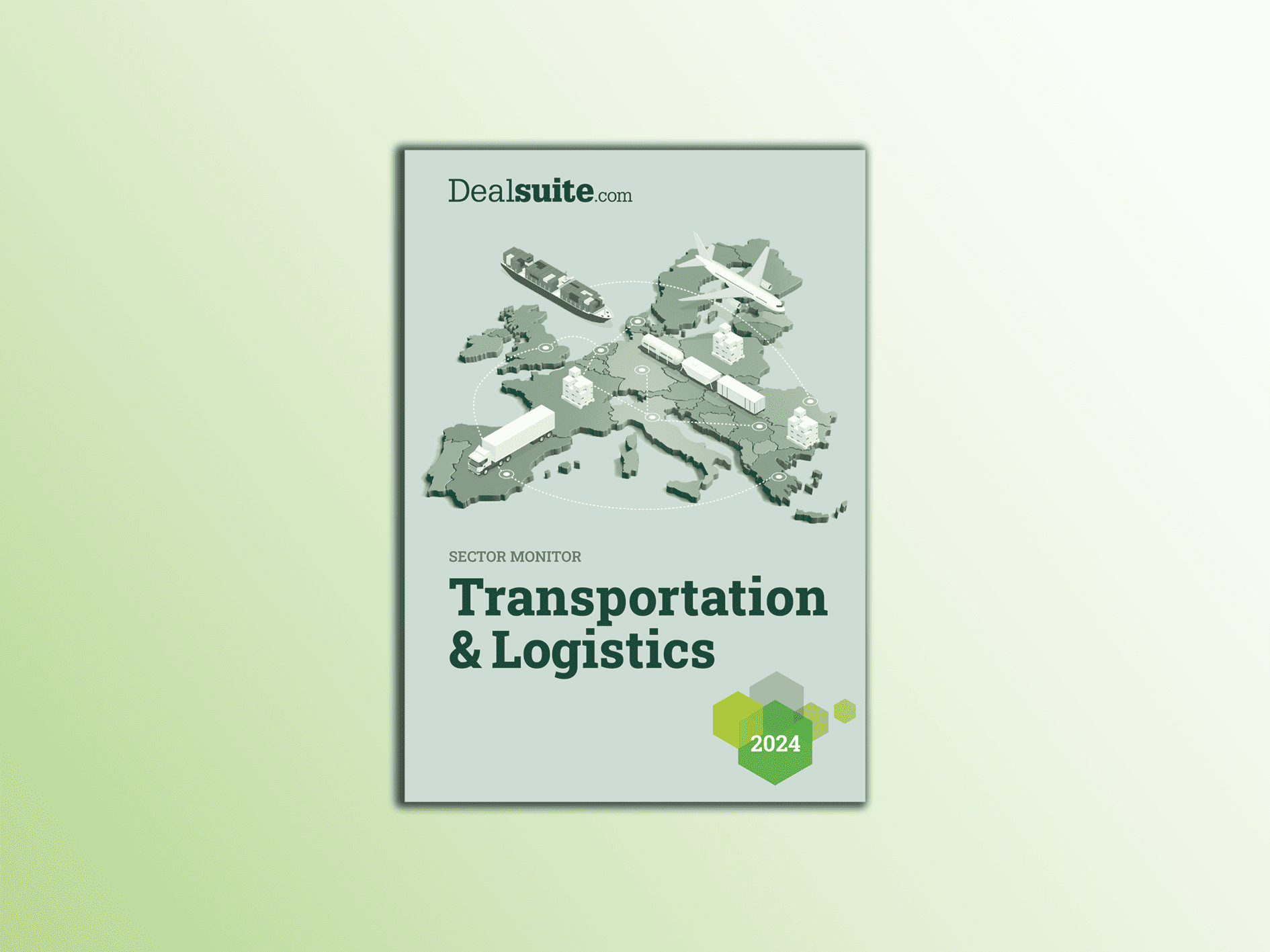Man versus machine: why relationships come first in Asian M&A
We may be in the digital age but building personal relationships remains crucial to M&A deals, particularly in Asian business culture, says Markus Kircher, partner at Austrian law firm Leitner & Hirth.
The small boutique law firm he co-founded has specialised in niche markets and sectors – such as e-mobility, green energy, and sustainable real estate – since its founding, facilitating its first deals in India and Thailand over ten years ago.
Investment connectivity between Europe and Asia has risen steadily during this time, fuelled by the rapid economic growth of Asian countries and collaborative efforts from policymakers on both sides. Technology has often been at the heart of increased cross-border M&A demand, with Asian companies actively seeking to boost domestic production capabilities through acquisition.
Despite this focus on technology, it is the M&A specialists who can grasp the human nuances of doing business with Asian investors that are successful.
“My cross-border work is based on relationships, most of them with more than a decade of shared history and friendship,” says Kircher. “Integrity and loyalty are values that are more appreciated in Asia or India than in Europe.”
Best practices in Asian M&A
There will always be a lot of paperwork in any M&A deal, from letters of intent to Memorandums of Understanding and due diligence reports, and finally a Sales and Purchase Agreement. But in Asia, it is important to understand the individuals behind the documents.
One of Kircher's main principles for dealing with Asian investors is authenticity. He advises against adopting a one-size-fits-all approach, emphasising the need to uncover mutual interest and benefit.
“Business decisions are often led by assumptions,” says Kircher. “Getting to know the people you are working with greatly helps to overcome this default positioning, to treat each deal as unique.”
Avoid making assumptions about the successful closure of a deal too. The deal is not closed until the money is in your account and even then, a renegotiation is still possible.
“You have to manage expectations at every stage. Clear communication is vital,” says Kircher.
Technology has its place
Kircher’s company has been using Dealsuite for nearly a year. Instead of detracting from in-person contact, being on Dealsuite has helped Leitner & Hirth overcome the paper-intensive nature of M&A transactions.
“Dealsuite is a genius instrument because it helps you focus on the business itself and not get distracted by gathering basic information,” he says. “So, you can be fully focused on business and relationship-building.”
Leitner & Hirth recently onboarded intellectual property law firm WINCO, Dealsuite’s first Vietnamese client, to the platform.
“They wanted to know how a small firm like ours could be up to speed with the options available on the market,” Kircher explains. “When our fellow practitioners had a closer look at the options, Dealsuite spoke for itself.”
Whether you are selling or buying, and regardless of the sector, Dealsuite helps M&A professionals go the extra mile, he adds. It gives you all the information you need to generate interest with a client for a deal, allowing you to look for specific niche options without long and cost-intensive searches.
“It’s like the Swiss army knife in legal tech - wonderful value for a small investment – and I’m sure it will make a difference in opportunity exchange and enhance our business tractions with Asia.”
Get in touch with Markus Kircher from Leitner & Hirth through Dealsuite.
Want to know how you can use Dealsuite for your deal sourcing process? Book a demo today.

.svg)

.svg)

.svg)

.svg)







